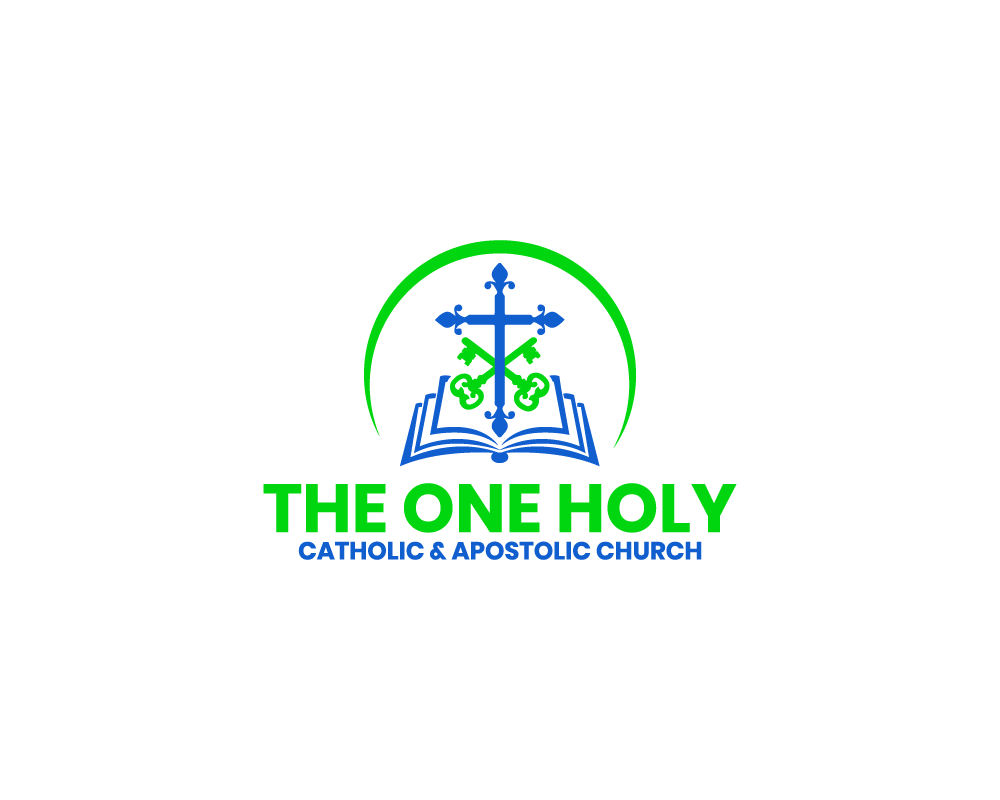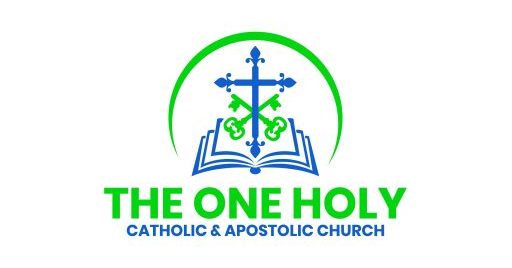The Sacred Gift of Creation
Orthodox theology holds that the natural environment is a sacred gift from God, reflecting His love and creativity. The belief that “God saw everything…and it was very good” highlights the inherent goodness and divine presence in all of creation. Humanity has been entrusted with the command to both serve and preserve the earth, recognizing the seed and trace of God in every aspect of nature.
Encounter and Communion with Creation
The rejection of creation as a gift of encounter and communion with God and the rest of creation is seen as the consequence of the “sin of Adam.” This refusal to embrace the sacredness of the natural environment has led to a groaning and longing for restoration. The Orthodox Church emphasizes the transformative power of personal and cosmic transfiguration, which is manifested in the liturgical feasts such as the Transfiguration of Christ and the Baptism of Jesus Christ.
Cosmic Transfiguration and Sanctification
Orthodox theology sees the feasts of Transfiguration and Theophany as moments that highlight the sanctification of human nature and the restoration of the world’s purpose. These feasts demonstrate the connection between the divine light and transformative power and the entire creation. Through these celebrations, the natural elements become sanctified and the interdependence of all things is celebrated.
Embracing A Merciful Heart
The spiritual life, according to Saint Isaac the Syrian, calls for acquiring a merciful heart that loves and embraces all of God’s creation. This love extends to every grain of sand, every leaf, and every living creature. Fyodor Dostoyevsky echoes this sentiment, emphasizing the need to love everything and perceive the divine mystery in all things.
The Interconnection of Ecology and Economy
Orthodox theology recognizes that the natural creation is inseparable from humanity’s identity and destiny. Human actions and attitudes towards the environment have a direct impact on both the earth and other people. The ecological crisis, including pollution and global warming, is intrinsically linked to the social problem of poverty. The proper judgment of ecological activity lies in its effect on the poor and vulnerable.
A Call to Responsible Stewardship
Orthodox theology calls for a responsible and compassionate stewardship of the natural environment. By recognizing the sacredness of creation, embracing personal and cosmic transfiguration, and cultivating a merciful heart, we can foster a deeper connection with the world around us. Our actions towards the environment not only impact the earth but also reflect our attitudes towards our fellow human beings. It is through this holistic approach that we can strive for a sustainable future and ensure the well-being of all.



